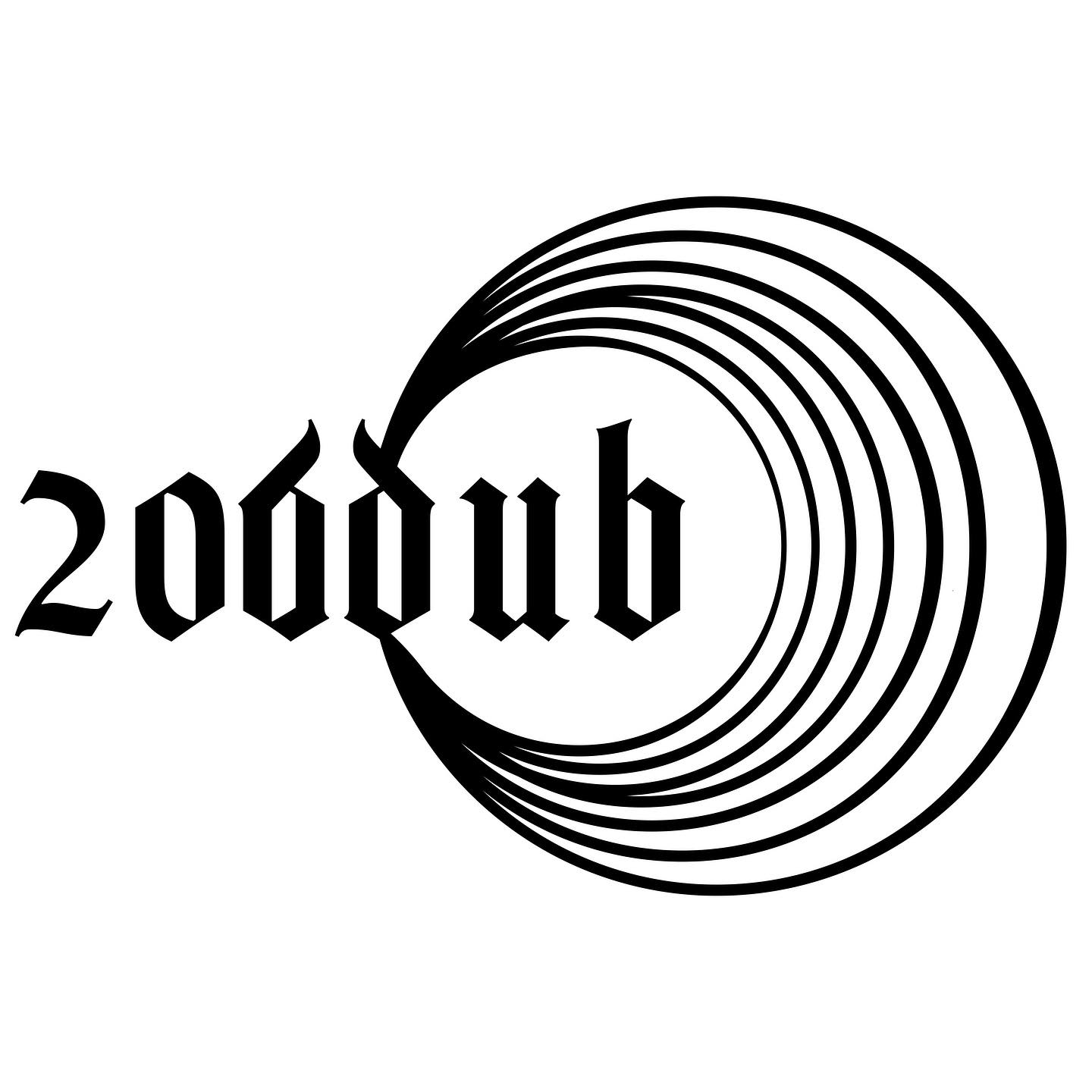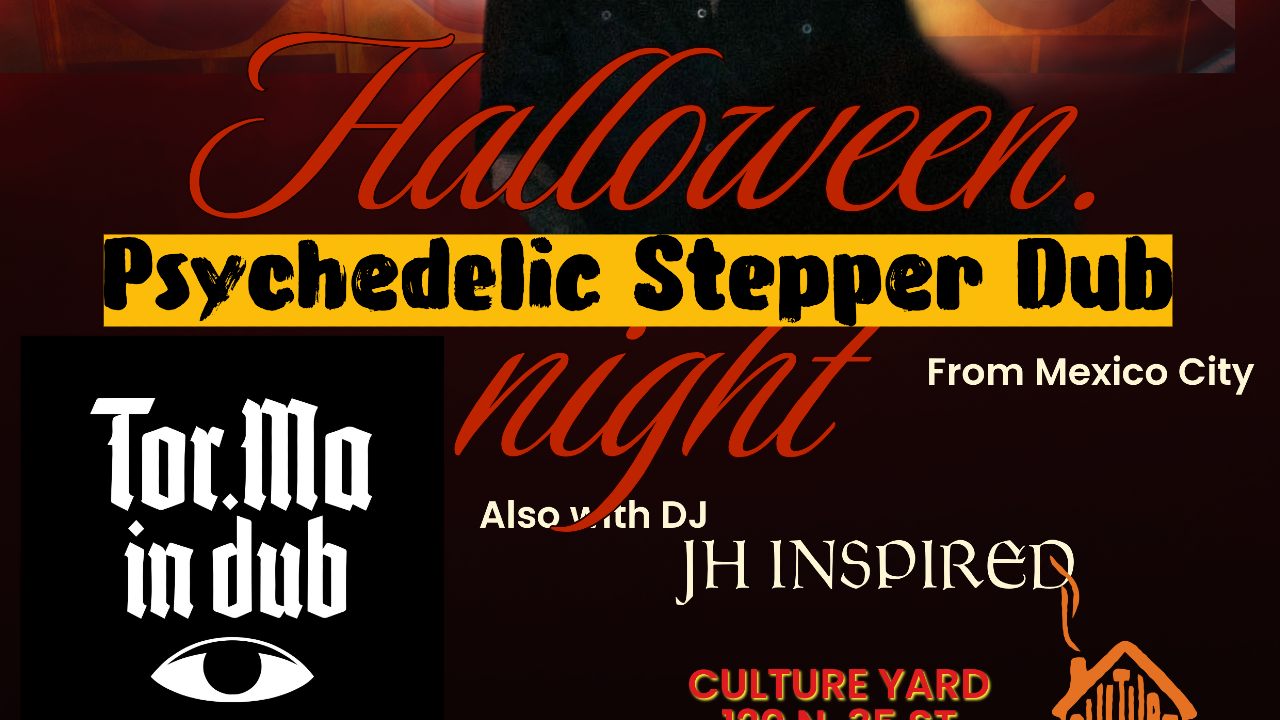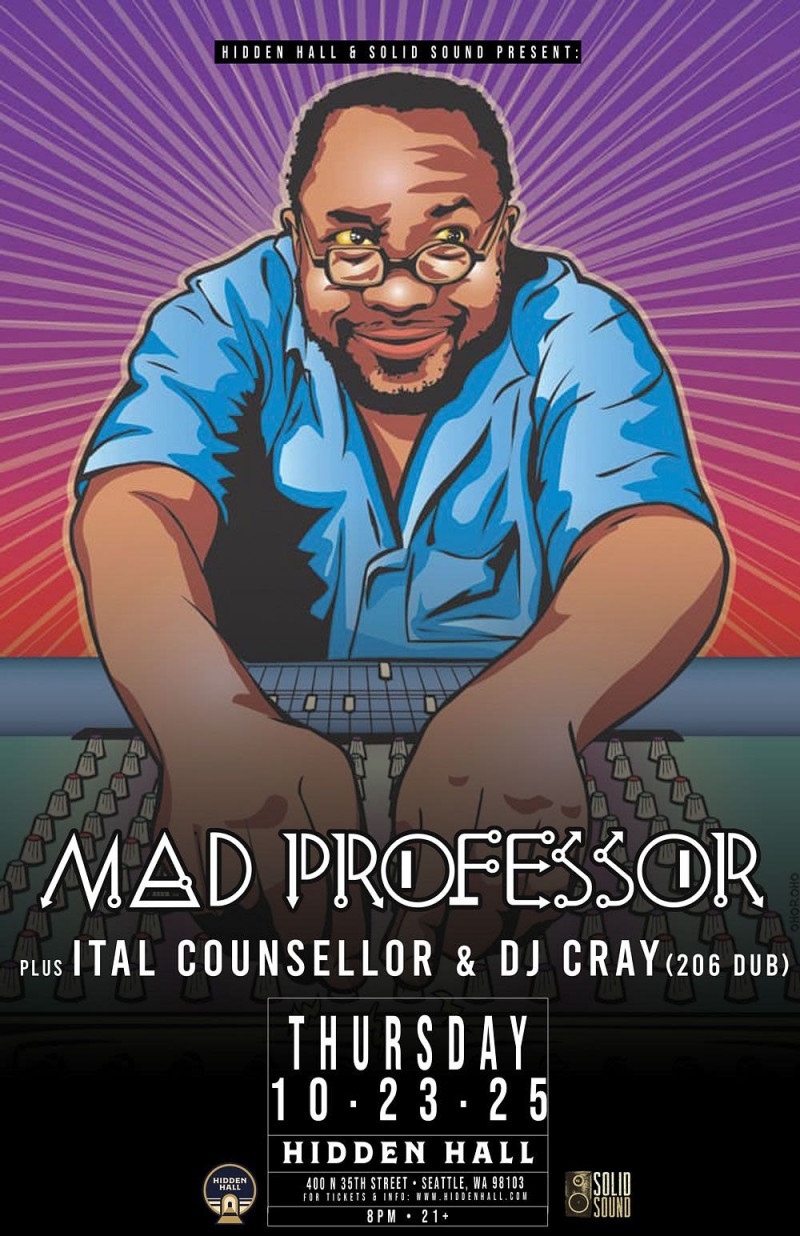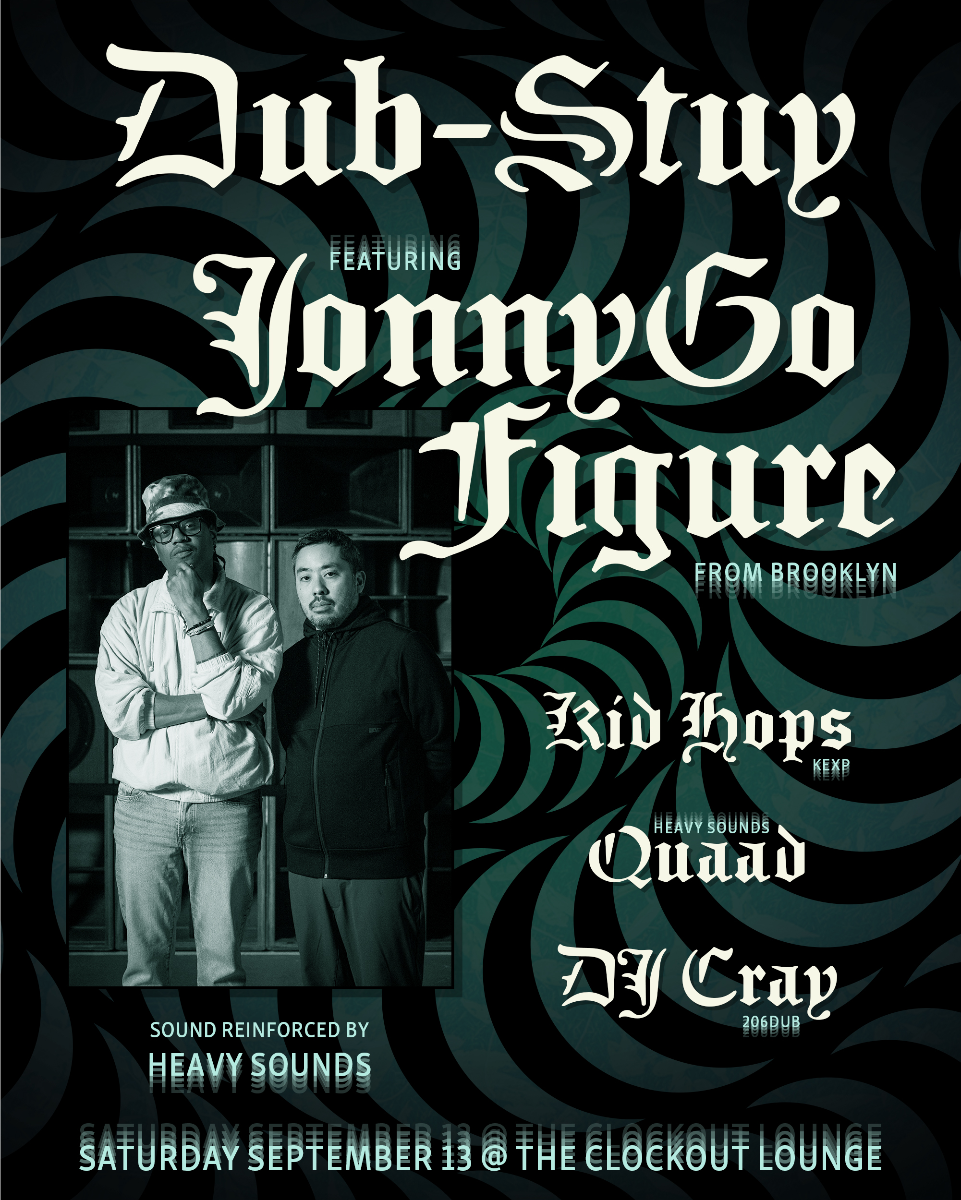
206dub
seattle dub & reggae events




206dub is dedicated to supporting the dub and reggae music culture in Seattle, the Pacific Northwest, and Western Washington. With our partners in Portland, California, Texas, and New York, the 206dub team is bringing the sound system vibes to the PNW.